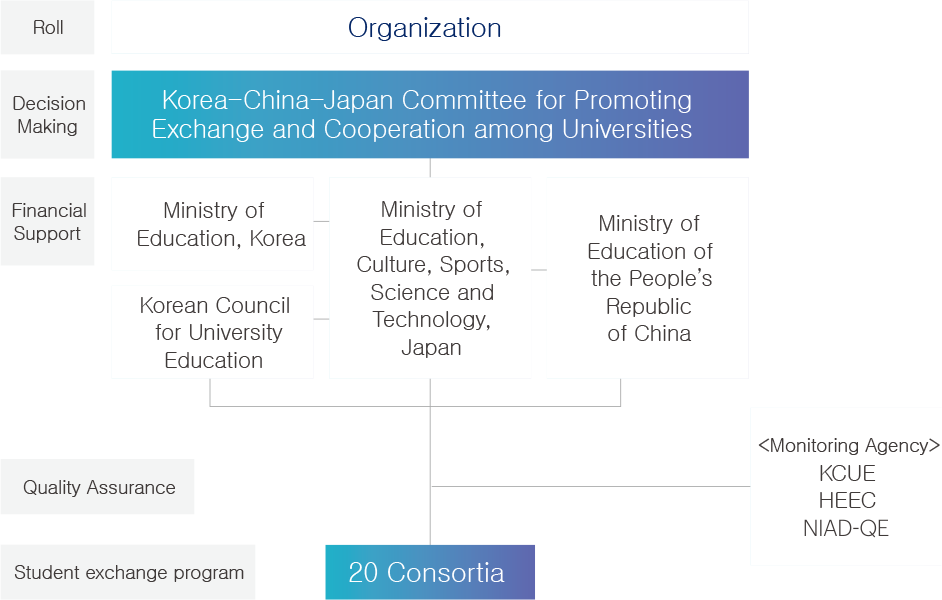Policy Development and Proposals for the Government
- Build overseas network including university presidents councils and related institutions
- Participate in international conferences and meetings
- Monitor global higher education trends


